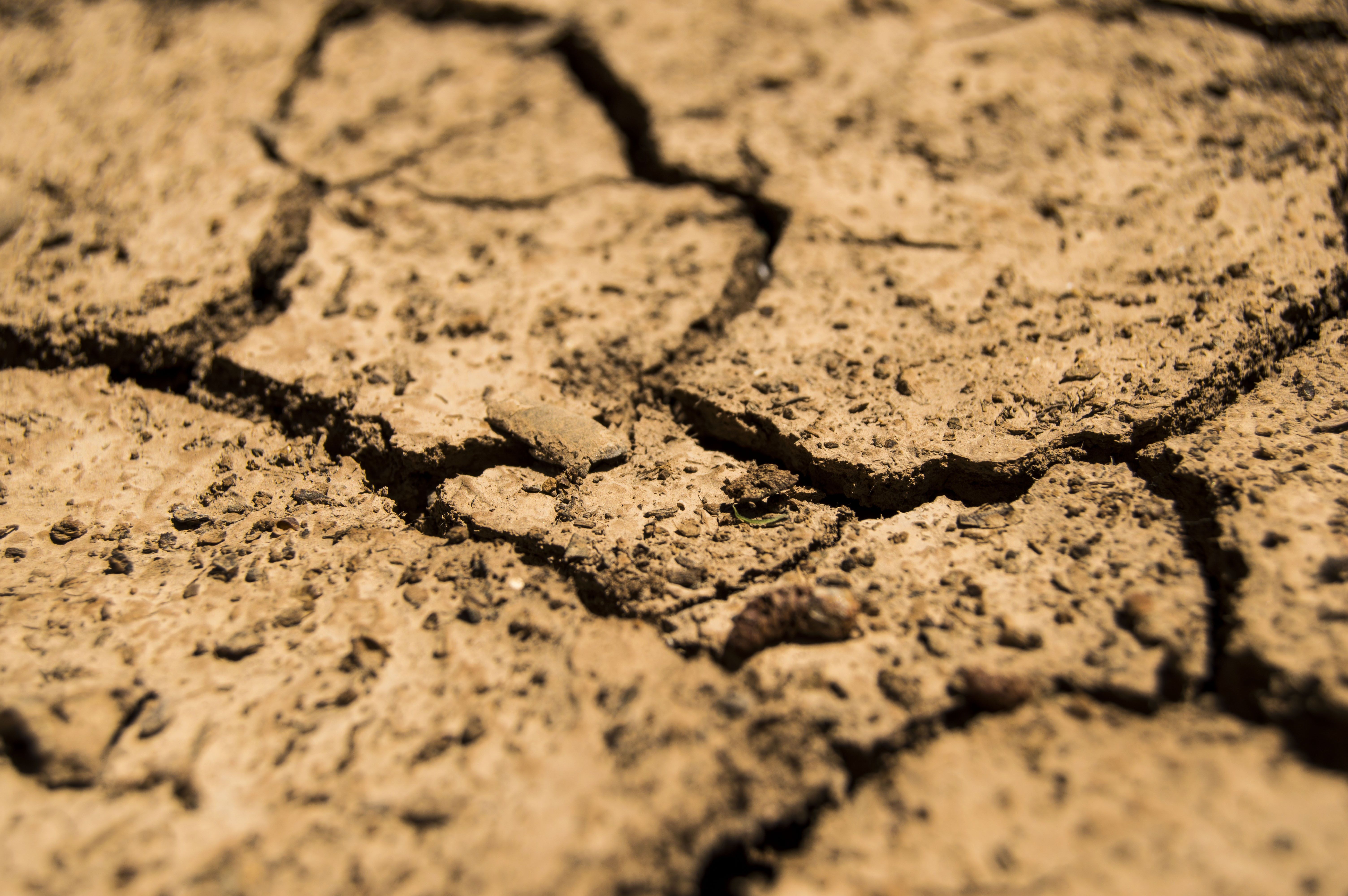Below-normal stream flows and signs of drought in smaller streams have caused British Columbia to declare a Level 3 drought rating for the Fort Nelson area and for Vancouver Island and the Gulf Islands.
Level 3 drought conditions call for voluntary water-use reductions from all surface water and groundwater users. This applies to residents, industry, farmers, and municipalities.
While some streams on Vancouver Island, especially those backed by storage reservoirs, have adequate flows, several important salmon streams are approaching critical environmental flow thresholds for ecosystems and fish, including juvenile trout and salmon. Environmental conditions are being closely monitored in case there is a need to implement specific actions to protect salmon and other fish within streams.
If voluntary reductions of water use do not maintain flows above critical levels, the province may consider regulating water usage under the Water Sustainability Act. Specific actions could include temporarily suspending water licences or short-term water approvals to restore flows to minimum critical levels in the affected streams.
The province has reminded water users on all streams to ensure that water intakes are screened to Fisheries and Oceans Canada standards in order to prevent fish from being pulled into water systems as water levels drop. Low water levels can prevent the passage of fish species and make them more susceptible to disease or death due to low oxygen and warmer water temperatures.
Local water conservation bylaws may differ from provincial water conservation targets due to local water supply and demand, and the availability of storage in lakes, reservoirs or groundwater. Residential, agricultural and industrial water users who are located within municipalities and regional districts are encouraged to observe local water conservation bylaws where they exist.
The province included these water conservation tips:
At home:
- Limit outdoor watering.
- Do not water during the heat of the day or when it is windy.
- Consider planting drought-tolerant vegetation.
- Take shorter showers.
- Do not leave the tap running (i.e., while brushing teeth)
- Install water-efficient showerheads, taps and toilets.
On the farm:
- Implement an irrigation scheduling program using real-time weather data.
- Schedule irrigation to match crop needs and soil storage capacity.
- Improve water system efficiencies and check for leaks.
- Focus on high-value crops and livestock.
In industry:
- Reduce non-essential water use.
- Recycle water used in industrial operations.
- Use water-efficient methods and equipment.









